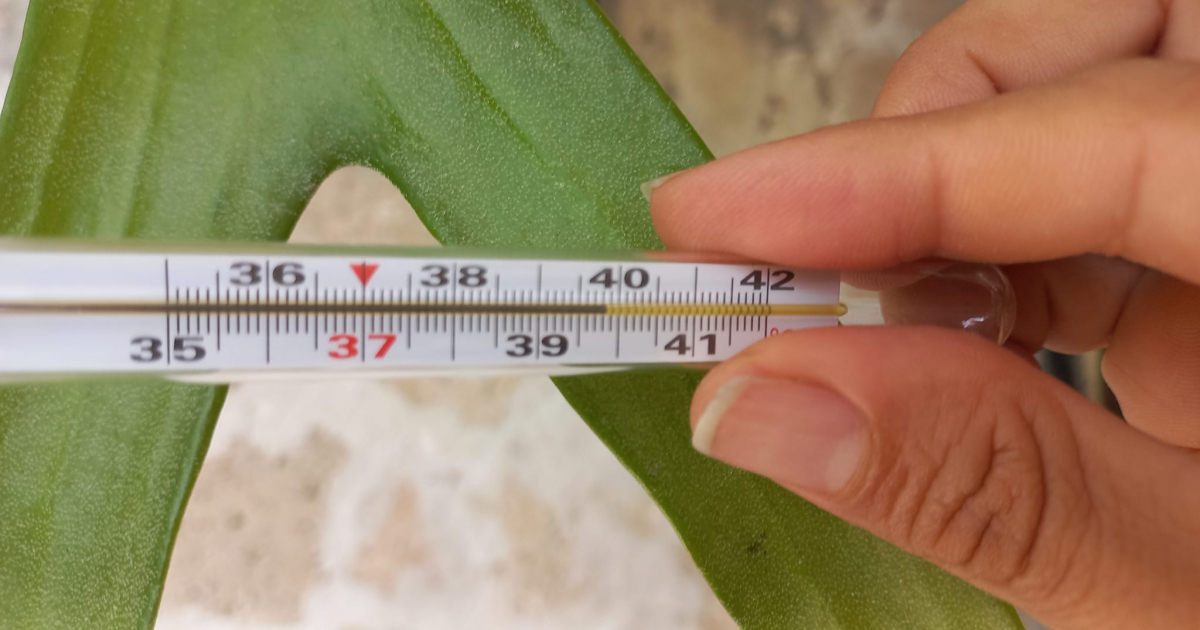Health authorities in the province of Las Tunas have confirmed the circulation of the Oropouche virus in the municipality of Colombia, following the analysis of two samples sent to the Pedro Kourí Institute of Tropical Medicine (IPK).
Although the presence of the virus had been suspected for several weeks due to an increase in cases of fever and diarrhea, it was only recently that the circulation of this arbovirus was confirmed, according to local press reports on Facebook.
Dr. Aldo Cortés, deputy director of the Provincial Center for Hygiene, Epidemiology, and Microbiology, urged residents of the province to visit health centers if they experience any nonspecific febrile syndrome and to enhance communal hygiene to prevent the proliferation of mosquitoes, including both Aedes aegypti and Culex, which transmit the disease.
According to the report, the epidemiological situation in Las Tunas is becoming more complicated due to the presence of multiple respiratory and digestive viruses that may also be accompanied by fever.
Cortés emphasized the importance of self-responsibility in protecting against mosquito bites, seeking medical consultation for any symptoms, and providing special protection to at-risk groups such as the elderly and people with comorbidities.
Recently, Cuban health authorities advised not to underestimate symptoms and to seek medical attention in case of fever, as these symptoms are similar to those of dengue, a more severe disease that causes fatalities on the island. As of last week, at least 12 Cuban provinces had confirmed the presence of the Oropouche virus in their territories. While the disease is not new to Latin America, this is the first time it has been reported on the island.
Understanding the Oropouche Virus Outbreak in Cuba
Given the recent confirmation of the Oropouche virus in Las Tunas, it is important for residents and readers to understand more about the situation. Here are some common questions and answers to help clarify the issue.
What are the symptoms of the Oropouche virus?
Symptoms of the Oropouche virus include fever, headache, muscle and joint pain, and sometimes diarrhea. These symptoms can be similar to other viral infections such as dengue.
How is the Oropouche virus transmitted?
The Oropouche virus is primarily spread by mosquito bites, particularly from species like Aedes aegypti and Culex.
What measures can be taken to prevent the spread of the Oropouche virus?
Preventive measures include maintaining good communal hygiene, using mosquito repellents, and ensuring that there are no stagnant water sources where mosquitoes can breed. Residents should also seek medical attention if they experience any symptoms.
